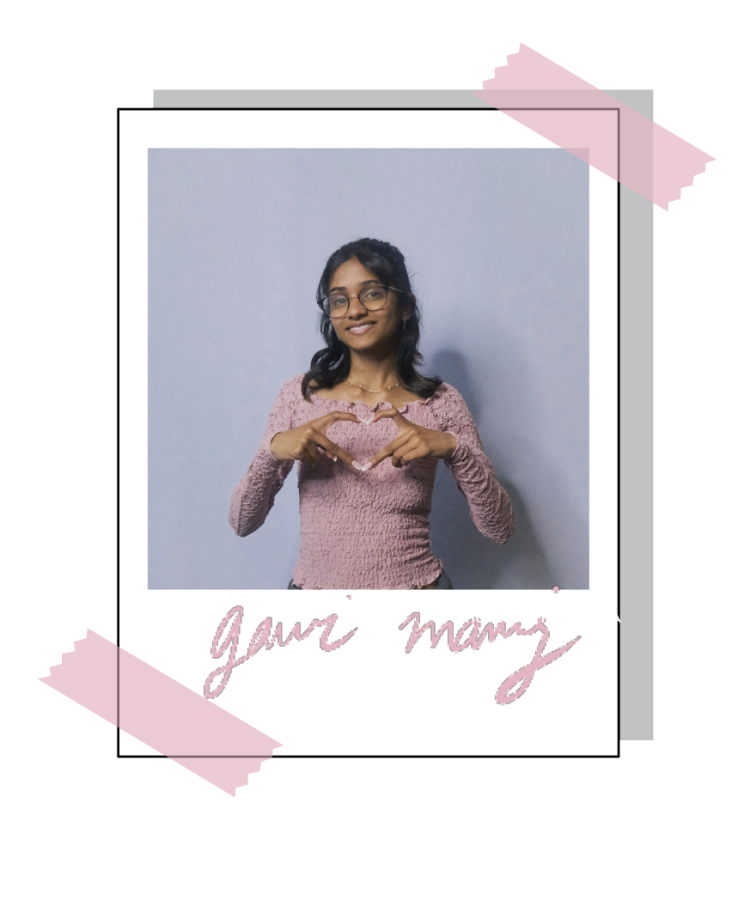Three words
June 1, 2023
I think I have said “I love you” maybe five times in my life.
Some would say my “Love ya!”s or “<3 you!!!”s over text definitely come close, but I’ve always avoided saying the real scary three words. I probably get it from my parents, who, after every argument with me, leave a plate of strawberries on my bed instead of saying “it’s OK” or “I love you.” And those strawberries have always been enough to dispel any doubts I had about their love — they’ve never given me any reason to believe otherwise.
It’s those words that hold a very uncomfortable amount of weight for only being eight letters long. And, since it’s said so often in TV shows and movies, it’s difficult for me to gauge whether anyone truly means it. I think my fear of saying “I love you” stems from the fact that I don’t actually believe it when I hear “I love you” — if you can prove that you love someone just by repeating the most orthodox string of words ever, then it seems that love is a very simple emotion to prove.
Yet, I’ve come to understand why words of affirmation is one of the most popular of the five love languages. During times when I was anxious, such as during college application season, I could feel the comfort in hearing an actual phrase of assurance more than receiving a plate of strawberries. Since language is a direct pipeline of communication from Person A to B, we can be certain that our message was not misinterpreted or lost in translation. We always say actions speak louder than words, but words are simply easier to use and are sometimes just more practical.
That being said, my fear of “I love you” still stands. I never heard it growing up, so it only evokes feelings of immediate awkwardness that can instead be avoided with some strawberries, which always makes everyone happy. But all this discussion about why I dislike “I love yous” ignores the fact that maybe others would really appreciate hearing it from me.
It is true that we all seek and show love in different ways, but objectively some are just more effective. I know that the absence of my “I love you” does not equate to the absence of my admiration, gratitude or care for others — but do they know that? We want to not only feel loved, but also be assured that we will remain loved when things get rough. And the easiest way to do that is to just straight up say it.
As I embark on adulthood, the importance of “I love you” grows infinitely stronger — there are so many more people to love and it’ll be my job to make sure they know it. I’ll have to put aside the awkwardness and unfamiliarity to reassure the people around me, and with only three little words, this seems relatively easy and the payoff is so worth it. And next year, when the only thing my family and I will share is a phone call, words will become the only way to remind them that I really do love them.
So, to my family and friends perhaps reading this: I love you! You don’t have to say it back. I’d prefer strawberries.


















